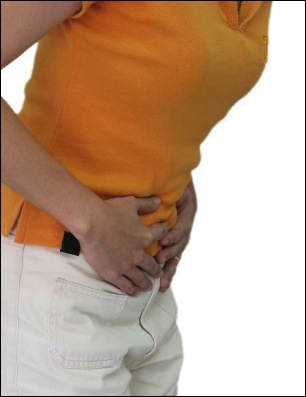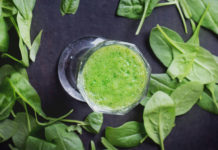by: Dr. Craig A. Maxwell
Stomach ulcers are erosions in the lining of the stomach, duodenum or intestines. If you often experience unusual stomach pain, especially after eating, you may be one of millions of Americans who struggle with one or more ulcers.
Ulcers can cause severe stomach pain and make it difficult to process and assimilate the nutrients from food. If you’re currently taking antibiotics and acid reducers for your stomach pains, it may only be making things worse. This page will help explain the most common cause of stomach ulcers and how to treat them naturally.
Symptoms of Stomach Ulcers
The symptoms of stomach ulcers can vary from person to person and may initially be mistaken for other digestive disorders such as irritable bowel syndrome and acid reflux disease. There are two types of stomach ulcers; gastric and duodenal. Gastric ulcers occur in the stomach while duodenal ulcers occur in the duodenum.
The most common symptoms of stomach ulcers include:
- Throbbing/gnawing stomach pain
- Burning sensation in the stomach
- Upper abdominal pain
- Stomach discomfort after meals (1-3 hours)
- Acid reflux
- Mild nausea
- Vomiting
- Blood in stool (severe cases of intestinal bleeding)

Causes of Stomach Ulcers
It may surprise you to know that up to 90% of stomach ulcers are caused by a type of bacterium known as h. pylori. H. pylori infection is usually contracted in childhood and causes chronic intestinal inflammation (gastritis), dyspepsia, and stomach ulcers. While 80% of people infected with h. pylori are asymptomatic, the remaining percent can suffer greatly from the effects of this bacterium. H. pylori infection, if left untreated, can lead to esophageal and stomach cancer.
Other common causes of intestinal ulcer are:
- Chronic use of NSAID pain relievers – Using aspirin and ibuprofen to treat chronic pain can damage the protective lining of the intestines, which can lead to the formation of ulcers.
- Overuse of antibiotics – Antibiotic use can be acceptable in emergency situations but overusing them can also destroy the protective intestinal lining and lead to leaky gut syndrome and peptic ulcers.
- Excessive alcohol consumption – Alcohol increases stomach acid, which can worsen acid reflux and lead to intestinal ulcers.
- Family history – Family history of stomach ulcers is often caused by passing h. pylori infection back and forth.
- Chronic candida infection – Works in conjunction with h. pylori and increases intestinal permeability.








